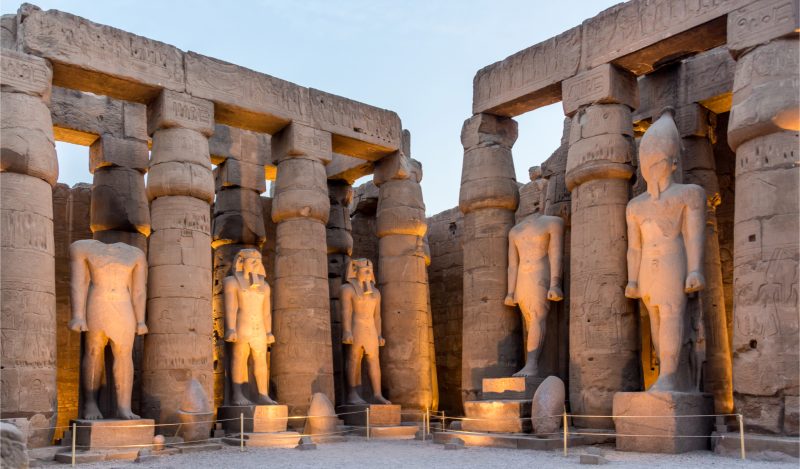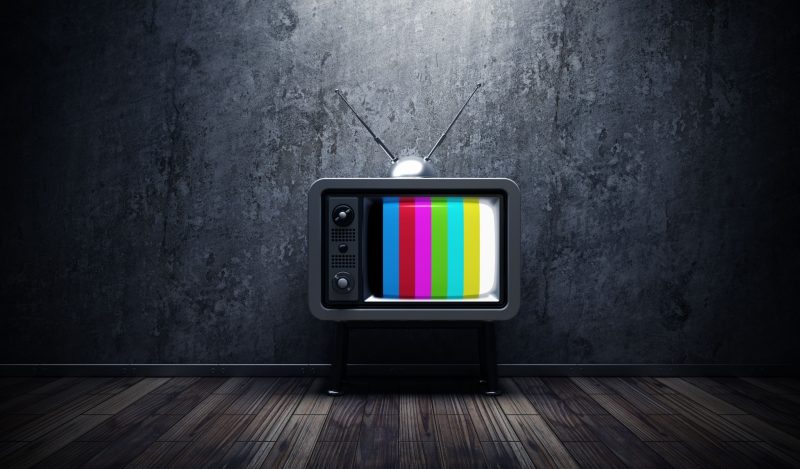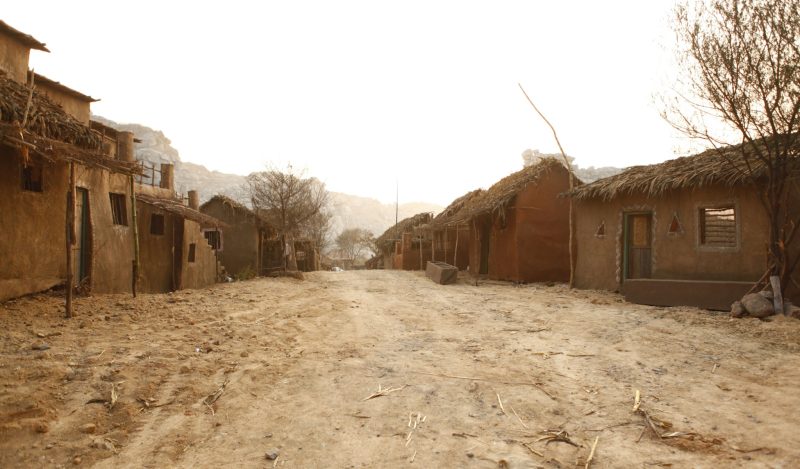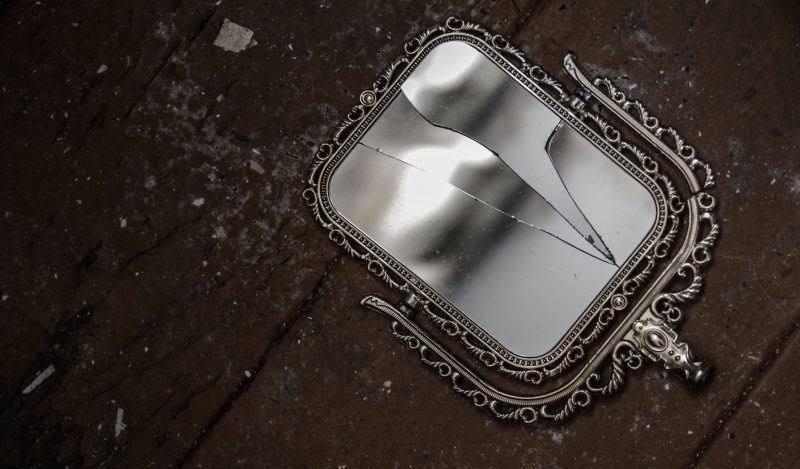Some federal officials have made startling statements in recent days. Given the times in which we live, we can no longer take for granted that they won’t be convincing.
Ever since lockdowns, which shattered all our social and political rituals and assumptions about government and public health, it seems like everything is open to either question or adoption. Even settled conventions like the separation of powers and checks and balances are being blithely dismissed as pointless distractions.
On the table now is the power of an unelected bureaucracy, on its own authority and without any juridical check, to mandate that every citizen keep his or her face covered. The Biden administration and the administrative state that technically falls under its purview seems to believe this power should never be questioned by a court.
And if that is true, that should also be true in every area of public life. The Department of Labor can make any rule, no matter how cockamamie, as it pertains to paid work. The Department of Agriculture can tell farmers, or even home gardeners, what they can plant and how much. And so too for every other one of the hundreds of government agencies staffed with permanent workers.
Legislatures and courts need to stay out. In fact, there is no real point to them other than to ratify the edicts of the administrative state.
In other words, we are now debating dictatorship: rule by dictate, from the Latin dictare, a judge with absolute power. No democracy, not the “rule of law” but literally the imposed and comprehensive will of an unaccountable entity to do whatever it wants.
Here is what they have said.
NIH’s Anthony Fauci, the de facto head of public health in the US:
This will probably get some pick up.
— Alex Thompson (@AlexThomp) April 21, 2022
Fauci on the repeal of the plane mask mandate
"This is a CDC issue, it should not have been a court issue."
Via @kasie
pic.twitter.com/4sGNGdTL32
Dr. Ashish Jha, the White House Covid-19 response coordinator:
In an interview with @LesterHoltNBC from last night's broadcast, Dr. Ashish Jha, the White House Covid-19 response coordinator, addressed a judge’s decision striking down the CDC’s travel mask mandate. pic.twitter.com/7t31y9BSEX
— NBC Nightly News with Lester Holt (@NBCNightlyNews) April 22, 2022
Jen Psaki, spokesperson for President Biden:
BREAKING: White House @PressSec Jen Psaki reveals the CDC asked the DOJ to appeal a judge's ruling to strike down the federal mask mandate on mass transportation on #WhosTalkingtoChrisWallace tonight. pic.twitter.com/Aj0BuzM1Nj
— CNN+ (@CNNplus) April 20, 2022
National Public Radio editorializes in favor of this view.
But the decision against the CDC raised concerns in the public health community. It’s the latest in a series of challenges to the agency’s authorities that could hamstring its ability to respond to this pandemic and public health crises to come.
What’s startling is how aggressively they are saying what was once surely unsayable.
I’m trying to imagine how strategy sessions went inside the White House. Surely Fauci was there. One person must have just said it: courts should not control the CDC. Others must have agreed. Someone proposed that administration officials just say this. Everyone agreed. Off they went all over international media saying the quiet part out loud: this is about power and authority. The CDC has it. Courts do not. That’s the whole story.
You could regard this strategic messaging to be a mistake since it very obviously contradicts the whole American system of government. The idea in the Constitution is that the legislature checks the executive by possessing the sole power to legislate, along with the impeachment power. The executive department appoints the federal judiciary while the Senate must ratify. The courts then check both against the Constitution and precedent. The president is elected and has a staff.
Then there is this other beast that emerged gradually since the middle of the 19th century (in the US) which today is called the administrative state. This was allowed to develop as an anti-corruption measure. The old system, the so-called spoils system, in which every new administration purged the employees of the last, was deemed too destabilizing and political.
The new view beginning in the Progressive Era was that we needed a managerial class in government that was above politics. That fits with the then-emergent ideology that rule by experts in government results in better social consequences than the spontaneous actions of individuals. The machinery of “public service” grew through 20th-century wars and various crises to become what we have today.
Administrative law – “deep state” rules and impositions never ratified by Congress – still exists under a legal cloud and is not challenged nearly enough, but rarely gets a punch in the nose as ferocious as that delivered by the Florida mask decision.
The response of the Biden administration has not emphasized the supposed legality of the mask mandate as enabled by the Public Health Service Act of 1944. Instead, as the CDC itself emphasized, the appeal is being made in order to protect the “public health authority” of the CDC itself. It should be permitted to do whatever it wants without having to deal with courts and legislatures.
Keep in mind: this means unchecked power. In this view, it’s not the business of the courts to tell a federal bureaucracy what it can and cannot do. If the Biden administration gets its way, any federal bureaucracy will have literally untethered power over every state, community, business, and individual in the country, and no one – none of these entities – should have the power to take recourse to the courts which may or may not rule against them.
To say it again, this is a special kind of dictatorship, not one exercised by a single person but rather committees made up of unelected and lifetime bureaucrats. One might suppose that asserting that would be self-refuting. Surely no one wants that.
But that’s wrong: clearly some people want precisely this. This is what they are saying on Twitter and on national media to the world. They feel no need to sugarcoat it, not even with a pretend legal or health defense, which means that they must believe it.
Why would they believe it? Because this is precisely what has happened for the better part of two years. Beginning in the middle of March 2020, and under the guise of emergency, the administrative state in general and the CDC in particular was granted effective and total power over the entire country.
It ruled on whether you are essential or unessential in your work. It determined how many people you could have in your home. It decided whether you could go to public worship. It determined how long you should quarantine if you cross state lines. It decided that your schools, churches, community centers, playgrounds, and restaurants had to shut down. You could not collect rent on your properties. And it invented a piece of clothing – one that had no prior history in American culture outside of the mine shaft, construction site, or operating room – that had to be worn by everyone in public settings, even without real evidence that doing so would accomplish the goal.
To exercise such power must indeed be a heady power, and all the better if one does not have responsibility for the decisions being made. If you are an interwar-style dictator, everyone is prepared to blame you when things go wrong. The new form is to be preferred: rule by an internal committee made up of members who can take recourse to either anonymity or can blame others. No one particular person is called upon to justify the decision; instead it is the “agency” that did this in deference to the “science” that no one is in a position to cite or defend. Every spokesperson merely has to preen as a humble servant of “the science” and leave it at that.
Technocracy is a name once given to such a system but this contemporary version is a bit different. It is rule by unnamed experts who can always hide because they are never called upon to cite the basis on which they have made their decision. Jen Psaki, for example, can freely say that “the science” says we are seeing more covid spread on airplanes and not one reporter thinks to ask her for the evidence. If they had, she could merely say that she will “circle back” or otherwise say it is confidential and still in process.
It’s a perfect system for those in charge, so long as they don’t actually care about petty details like human liberty, human rights, democracy, and the rule of law. But to care about such things implies a certain public spiritedness for which nameless and faceless bureaucrats are not known. And that leaves it to the rest of us to figure out a solid answer to the question: what precisely is wrong with the dictatorship of the administrative state?
Let’s leave aside basic issues of morality for a moment. Certainly many regimes in history have eschewed morality in the name of some glorious goal but then still failed to achieve the goal, whether bolstering economic growth, bringing perfect equality, or controlling a virus. There are many reasons for this but what’s most striking is the unwillingness of failed managers to reverse course.
Proposition: the core problem of dictatorship is the network effect of bad policy. The notion of network effect is usually supposed to apply to markets but it applies more to governments. A bad policy once implemented is not easily or ever reversed. “Nothing is so permanent as a temporary government program,” said Ronald Reagan.
Let us jump to an example: the political dynamics behind the CCP’s actions in Shanghai. Two years ago, the party claimed to have used brutal tactics to suppress a virus in Wuhan and other cities, and then successfully convinced the world (meaning the WHO and NIH) that it worked. The WHO sent out a memo that the party was correct: this is the way to handle a virus. Xi Jinping was riding high and China’s state apparatus experienced pride without precedent as the world followed this example. And the example was not only the suppression itself but the method: dictatorship by “the science.”
None of it was really true of course. The data was faked. The propaganda was based on illusion.
When cases popped up in Shanghai, what was the party to do? Of course it must double down on its previous achievements, not real achievements but its propaganda victory. There would be no going back simply because a dictator once celebrated as a genius is loath to admit a failing, much less revert to a different method.
It’s about human pride to some extent but there is even more going on, something even more powerful over the human mind: ideological commitment. There is nothing so stubborn as that; reality itself rarely if ever penetrates it. The absence of any deference to political pluralism has doomed the regime to keep repeating its errors even when the absurdity and brutality is on display for the world. Xi Jinping and the party will always choose its authority over science, prosperity, peace, and human rights.
Democracy may be inefficient, replete with corruption, and often unnecessarily divisive, precisely as the American Founders said, which is why they built republican institutions. Still, one thing democracy has to say for it: it permits criticism and challenge. It builds in a check of its own: it empowers public opinion to have some measure of long-term control over the fate of the people living under the control of state managers. It makes regimes temporary and enables peaceful change, which is why the old liberals favored democracy over autocracy.
A pure dictatorship allows no such thing. And that allows state managers unlimited opportunity to double and triple down on errors. It is an unchecked power. No court, no legislative body, and not even public opinion can influence its direction. That is what the CCP exercises and what the CDC is now demanding.
That the ruling class in the US initially adopted a China-style strategy of virus mitigation is not an accident. Dictatorship is newly fashionable but no less dangerous for being so.
It’s the most remarkable thing to observe the CCP doing this in Shanghai even as the Biden administration is similarly pushing for unchecked administrative power in the name of virus control. Meanwhile the rest of the world has moved on, realizing after two years that using state power to suppress a prevalent pathogen (most everyone will get covid) means deploying the violent means to achieve an impossible end. And yet here we are: the holdouts are the very agencies that attempted this unprecedented experiment.
Very few people really want to live in a world in which the administrative state exercises the sort of unmitigated power that the CDC, the DOJ, and the Biden administration are now advocating as a continuation of how we’ve done public affairs for the better part of two years. That system has led to disaster. To continue it will lead to more disasters still.
The “China model” (economic liberalism plus one-party political rule) is now unraveling because of the unwillingness of the ruling class to admit error and reverse course. The scenes in Shanghai are the evidence that this model is unsustainable, not to mention evil. This is not and cannot be the new paradigm. It is unworkable and deeply dangerous. Every thinking person should reject it, along with the statements of the Biden administration that seem to embrace it.
Published under a Creative Commons Attribution 4.0 International License
For reprints, please set the canonical link back to the original Brownstone Institute Article and Author.









